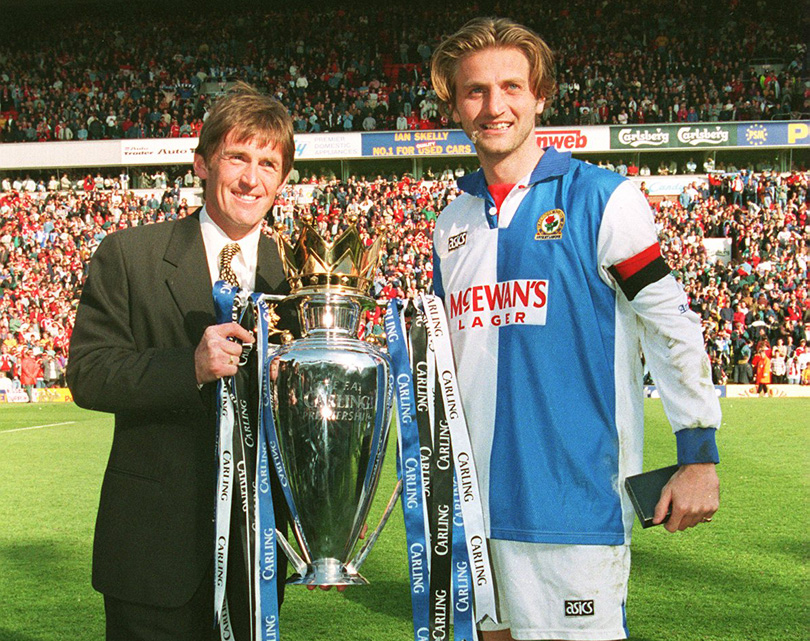The 20 worst teams in football history
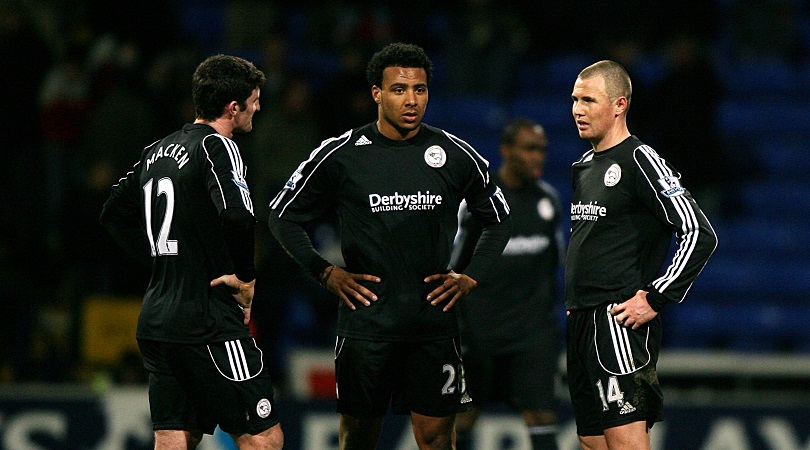
Worst teams ever
It’s not been the start to the season that Manuel Pellegrini would have wanted. The new West Ham boss has presided over four consecutive defeats since taking charge of the east Londoners in the summer, and last weekend's late 1-0 defeat to Wolves was the nadir so far.
In comparison to some of the dire sides featured here, though, the Hammers look like a team of superstars…
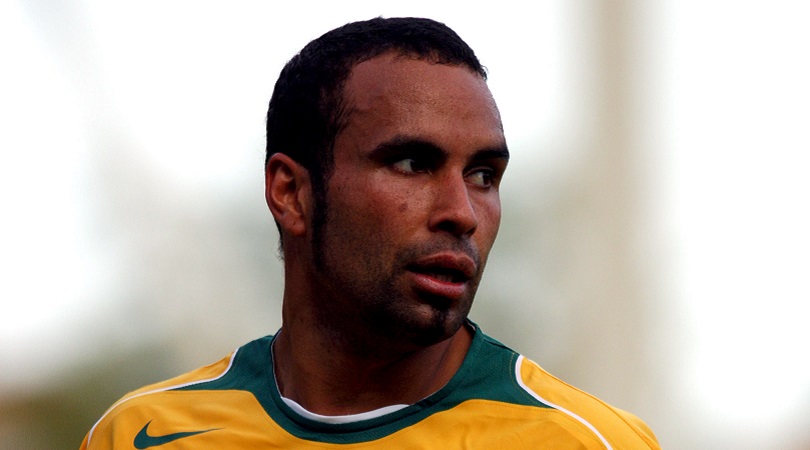
If you can’t laugh at yourself...
When the final whistle blew on the most one-sided qualifying match in World Cup history, some members of the losing team, American Samoa, were laughing with embarrassment. As Australian forward Archie Thompson (above), who scored 13 goals in his side’s 31-0 victory in 2001, said: “There wasn’t much else they could do.”
To be fair to American Samoa, then ranked the 203rd best team in the world, they were deprived of 19 first-team players following FIFA’s insistence that the squad had US passports. Most of their Under-20 internationals were busy doing exams and some of the players who played had never even completed a 90-minute match.
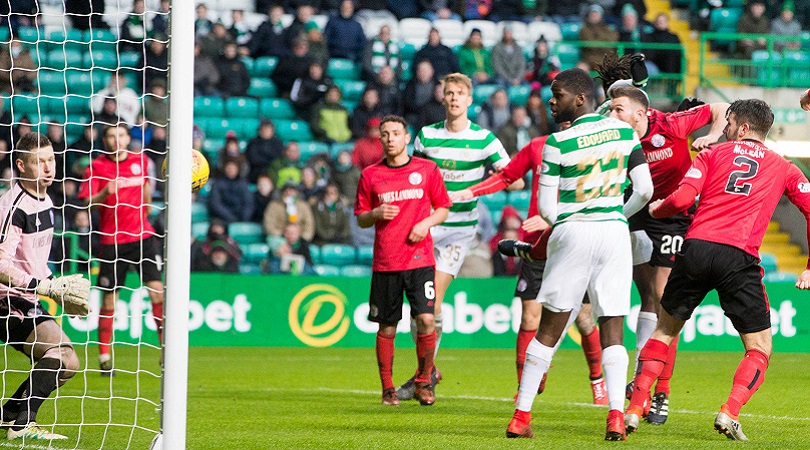
Brechin bad
If winning becomes a habit, losing takes root deeper than Japanese knotweed. Just ask Brechin City, who went through the entire Scottish Championship without a single victory in 2017/18.
Promoted the previous campaign, Brechin began and ended the season with 4-1 and 5-1 demolitions to Queen of the South, 26 points adrift of safety. In between came four draws, 32 losses and four points from a possible 108, making them the first Scottish club in 126 years to go an entire campaign without a win. A 3-2 defeat of lowly Buckie Thistle in the Scottish Cup was their sole success in a miserable term.
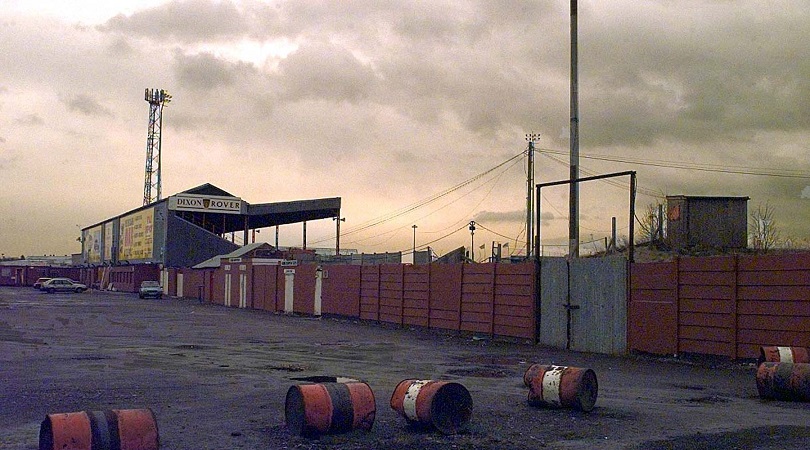
Ploy of the Rovers
Doncaster suffered a Football League-record 34 losses in 1997/98, a truly cataclysmic campaign in which absolutely nothing went right. The last of those defeats, a 1-0 setback against Colchester in May, was marked by a mock funeral held by supporters, as Rovers sunk out of the fourth tier having conceded 113 goals and amassed only 20 points.
There was also plenty of off-field ineptitude (and worse). Chairman Ken Richardson was awaiting trial after paying criminals to burn down Belle Vue’s main stand so he could claim on the insurance, but he didn’t let that small matter get in the way of his determination to ‘help’ pick the team and sit on the bench.
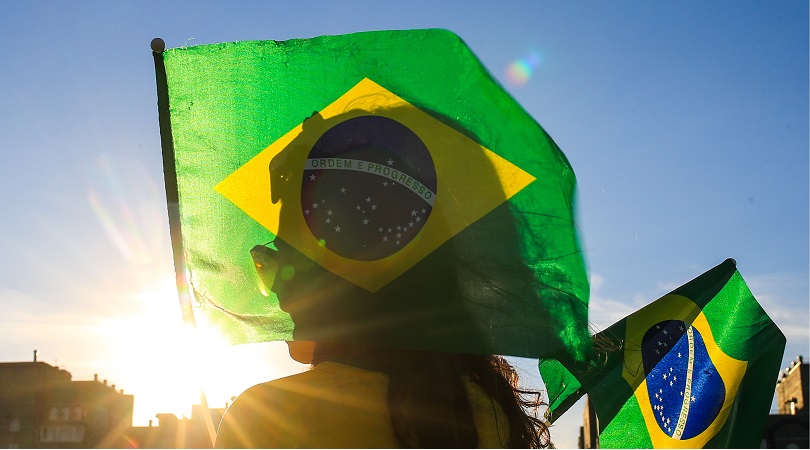
The team who hated winning
For three glorious years and 11 months during the early-1980s, the self-styled ‘worst club in the world’ failed to win a single game in the bottom division of Brazil’s Pernambuco state championship. To say that Ibis Sport revelled in their self-appointed moniker would be an understatement.
So when they actually started winning in September last year – president Ozir Junior’s dream is for the club to win promotion to the state’s top flight – playmaker Mauro Shampoo believed the club’s identity was at stake. “If we keep winning,” he said after a third successive victory, “we’re going to lose our brand.”
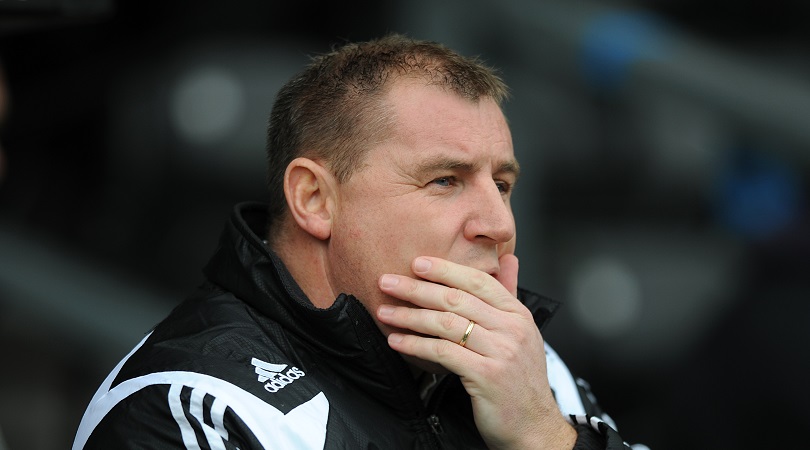
Paul Jewell’s video nasty
The worst team in Premier League history, Derby won just one game in 2007-08 as they sunk back to the Championship without anything resembling a fight. Eight draws and 29 defeats meant they ended the campaign with 11 points, with their relegation confirmed on March 29 – absurdly early by any standards.
Things went from bad to worse when the News of the World published photos from Paul Jewell’s sex tapes. Robbie Savage, brought to Pride Park in January, found the campaign “soul destroying” and admitted: “Players hid because the crowd would have a go at them, me included.”
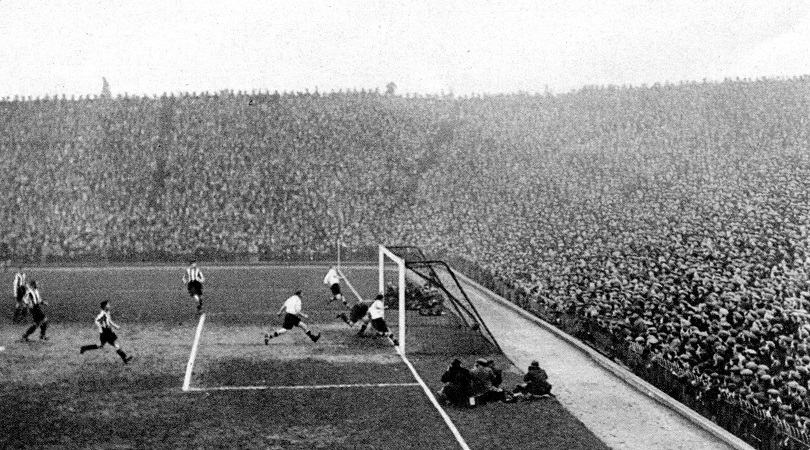
Darwen fail to evolve
Darwen FC were one of northern English football’s pioneers, but their 1898-99 Second Division campaign was catastrophic. After being sued by one of their former players, the Salmoners lost on 18 consecutive occasions, including three 10-0 reverses. Their concession of 141 goals in 34 matches (an average of more than four per game) is a record in the Football League.
The downward spiral never really ended, either: Darwen failed to win re-election and currently play in North West Counties League First Division North (tier 10).

Five days, three matches, 114 goals conceded
The odds were stacked against the Federated States of Micronesia, a country with a population of around 104,000 dotted across 607 islands, as they rocked up for the 2015 Pacific Games. The players had never even been on an 11-a-side pitch before, and many had only been playing the sport for a year and a half.
Managed by Australian coach Stan Foster, Micronesia endured three of the most humiliating defeats in football history: following an opening-game 30-0 loss to Tahiti, the minnows went down 38-0 to Fiji and 46-0 to Vanuatu.
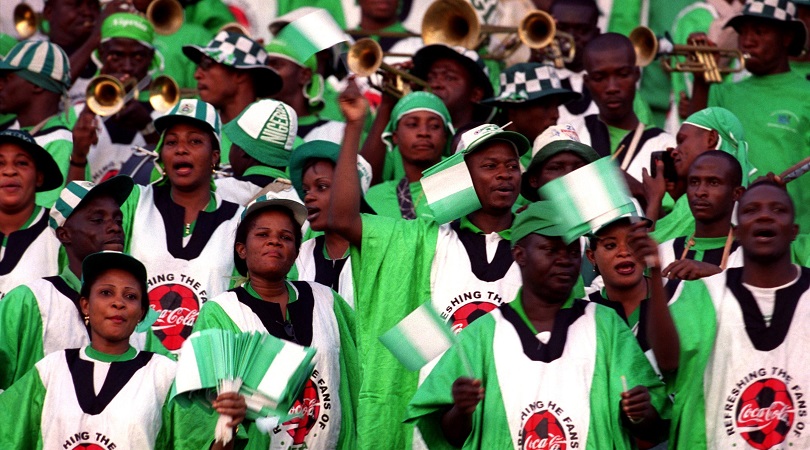
“Lads, we only need 72 in the second half”
Goal difference is important when you’re chasing promotion. Plateau United Feeders were 5-0 up at half-time against Akruba, but decided they needed a few more goals to help their cause to progress up the Nigerian football pyramid. And they did just that, scoring 72 second-half goals without reply to win 79-0.
Feeders’ only problem was that, on the other side of the country, promotion-chasing rivals Police Machine hit 61 second-half goals past Babayaro in a 67-0 destruction. Despite hitting four goals in one minute, Machine lost out to Feeders on goal difference. The Nigerian FA, smelling the fattest of rats, described the events as “a mind-boggling show of shame” and launched an investigation into “this despicable matter”.
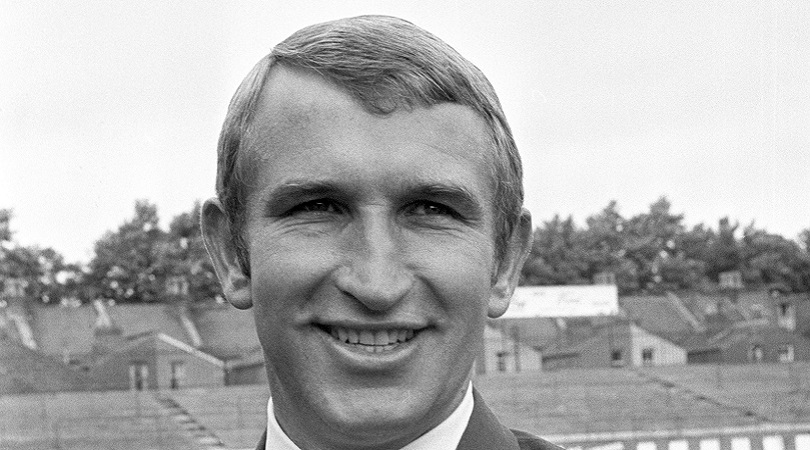
DICKS OUT!
Manager Alan Dicks had taken Bristol City to the First Division over 13 years in the Ashton Gate dugout, but relegation and a dismal start to life in the second-tier meant the boot. Worse, however, was just around the corner. Not even the arrival of a young Roy Hodgson – initially as assistant manager, then caretaker in January 1982 – could arrest the decline. By ’82, City had suffered three successive relegations, were in Division Four and out of money.
Bankrupt at the beginning of February, the board forced eight senior players to cancel their contracts and keep the club afloat. The Ashton Gate Eight –Geoff Merrick, David Rodgers, Peter Aitken, Chris Garland, Trevor Tainton, Jimmy Mann and Julian Marshall – were all hailed as heroes.
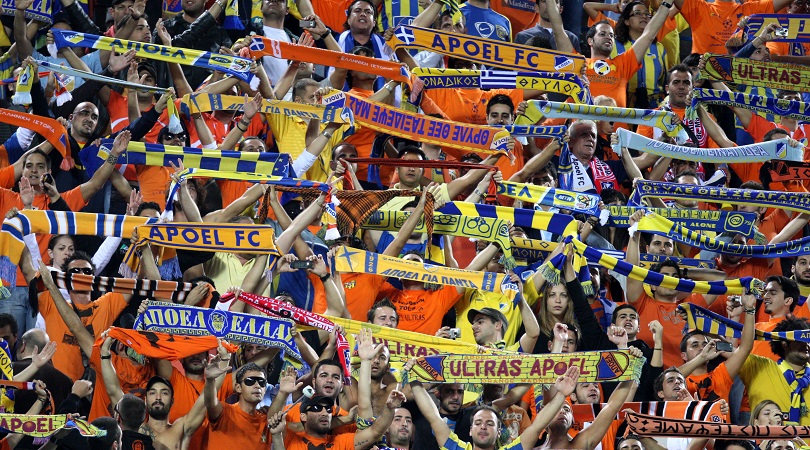
Hell for APOEL
Sporting were a truly dazzling team in 1963-64, beating Atalanta, Manchester United, Lyon and MTK Budapest en route to lifting the European Cup Winners’ Cup. APOEL were Cypriot Cup winners, having overcome Anorthosis Famagusta in the final.
APOEL had handed out a humiliation of their own in the first round, tonking Norway’s Gjøvik-Lyn 7-0 to become the first Hellenic team to progress in the competition. Their reward? Second-round destruction: Sporting blitzed them 16-1 in Lisbon, still a record defeat for any team in European competition.
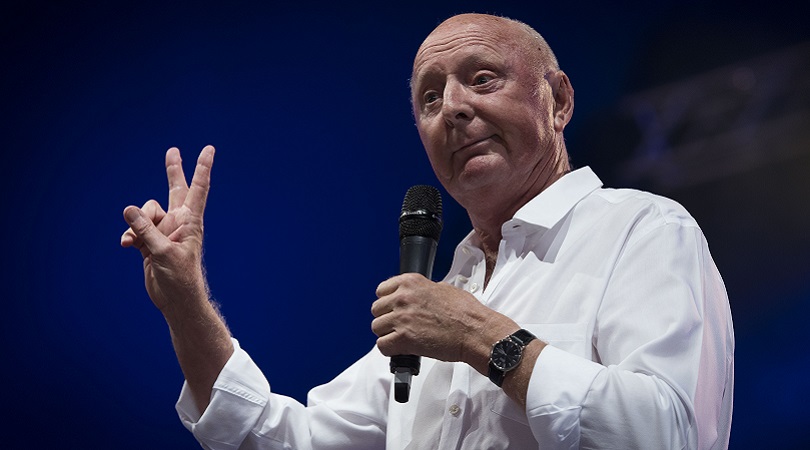
The Atom Men bomb
Experiencing the Jasper Carrott (above) gag about Birmingham (“You lose some and you draw some”) as reality would have been dreamland for Berkshire berks AFC Aldermaston in 2010. The Wessex League Division One side couldn’t even manage a tie in 40 games between May 2009 and April 2010, until they finally scraped a 1-1 with Warminster Town.
Being unable to pay their players and losing 10 first-teamers in the summer clearly didn’t help, but the Atom Men still wouldn’t have expected a season in which they conceded more than 150 goals.
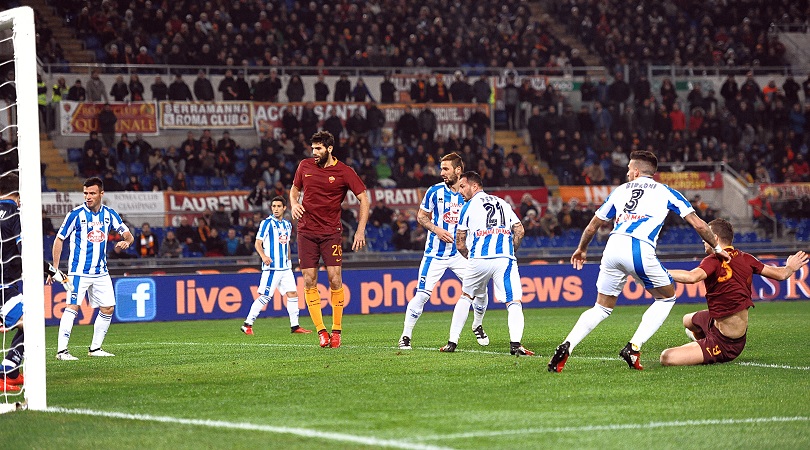
Remember to park in the garage
Pescara president Daniele Sebastiani will struggle to ever forget 2016/17, when his own team’s supporters set two cars alight on his driveway and cherry bombed his house. Their beef? The Dolphins had triumphed just once in the first half of the campaign, and even that victory came about because Sassuolo fielded an ineligible player.
Pescara won just twice more all season, puzzlingly thrashing Genoa 5-0 either side of six-game and four-game winless streaks. They collected just 18 points – 16 fewer than 17th-placed Crotone – and dropped into Serie B after conceding 81 goals in 38 encounters.
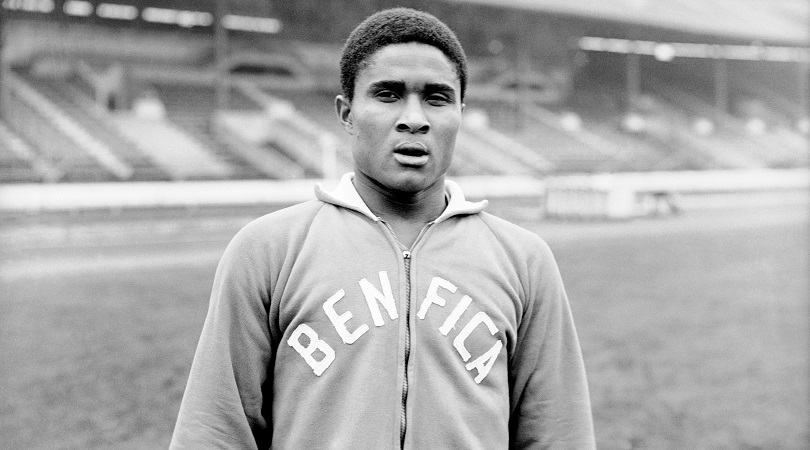
Portuguese pummelling
The sleepy southern Luxembourg town of Dudelange has always been the Grand Duchy’s football powerhouse: Stade won the National Division 10 times between 1939 and 1965, while its successor club F91 Dudelange has won 14 titles since the turn of the millennium.
However, the big fish from the little pond got themselves a terrible mauling from the sharks of Benfica in 1966. They lost 8-0 at the Stade Emile Mayrisch, with Portuguese midfielder Pedras hitting a hat-trick, before being pummelled 10-0 by their Eusebio-inspired hosts back in Lisbon.
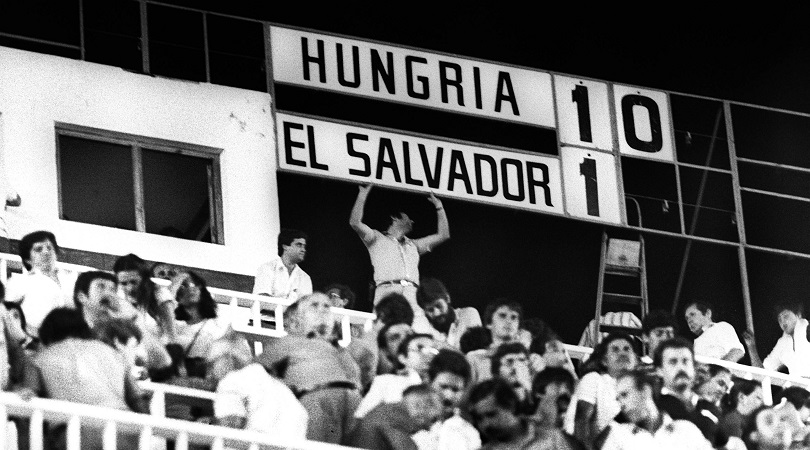
El Salvador floored by Kiss
El Salvador only lost 1-0 to Belgium and 2-0 to Argentina at the 1982 World Cup – respectable results for a debutant nation taking on such experienced hands. Unfortunately, though, the damage had already been done by the Central Americans’ opening fixture, when they lost 10-1 to Hungary – still the biggest defeat in the competition’s history.
El Salvador’s preparation was less than ideal: they were the last team to arrive in Spain and didn’t even have any balls to train with until the day before their curtain-raiser. Naïve, gung-ho tactics didn’t make for the best approach, however, as the Hungarians ran riot with seven second-half goals.
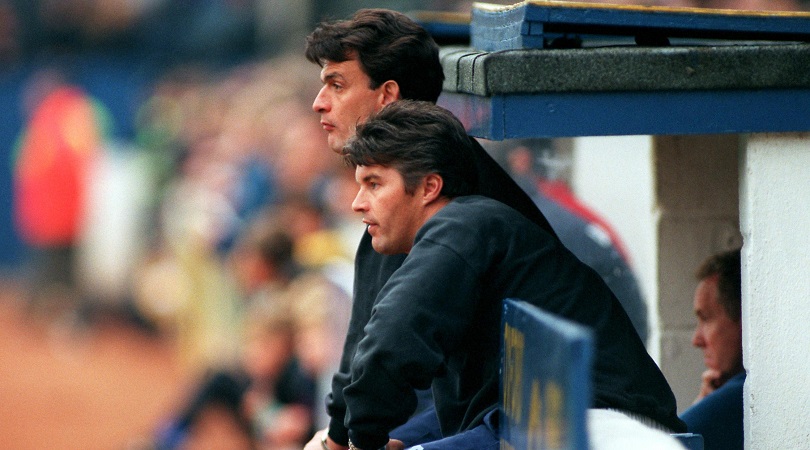
“And you can bring your dinner!”
When Orient chairman Tony Wood lost most of his money and business interests in Rwanda in 1994, Leyton Orient descended into chaos. Youth team boss John Sitton and Chris Turner took the reins at a time when the club appeared in Channel 4 documentary Orient: Club for a Fiver.
“You, you little c**t,” he said in full view of the cameras at half-time of a meeting with Blackpool, “and you, you f**king big c**t, when I tell you to do something, do it. We’ll have a f**king right sort-out in here… and you can bring your f**king dinner – because by the time I’m finished with you, you’ll f**king need it.”
Orient won one of their next 15 games, Sitton and Turner were sacked by incoming chairman Barry Hearn and the O’s finished bottom of Division Two.
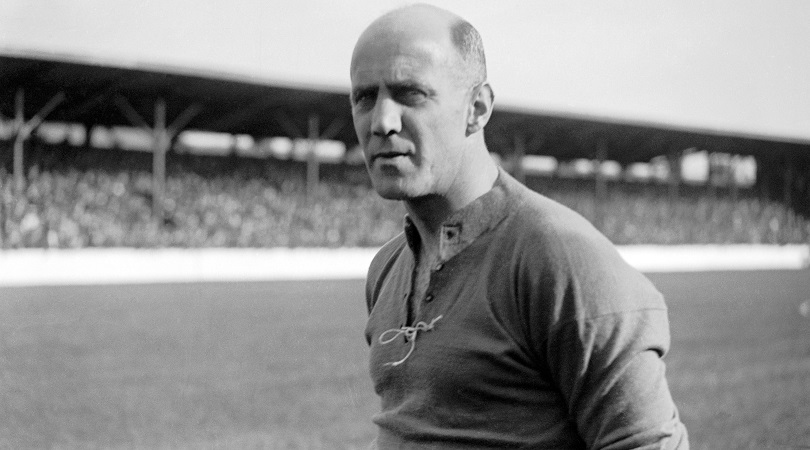
Not quite Busby or Fergie standard...
Manchester United’s 1930 vintage, who included Frank Mann (above) among their number, weren’t quite the global superclub they are today, but they were still a moderately successful side who had won two league titles and an FA Cup in the previous few decades.
They had also suffered two relegations from the top tier, but no one could have anticipated the Red Devils losing their first 12 encounters in 1930/31. Huddersfield (6-0), Chelsea (6-2), Newcastle (7-4) and West Ham (5-1) all comprehensively beat United, whose horrific start to the season remained the worst by any top-flight team in Europe’s five major leagues until Serie A’s Benevento lost 14 on the trot in 2017.
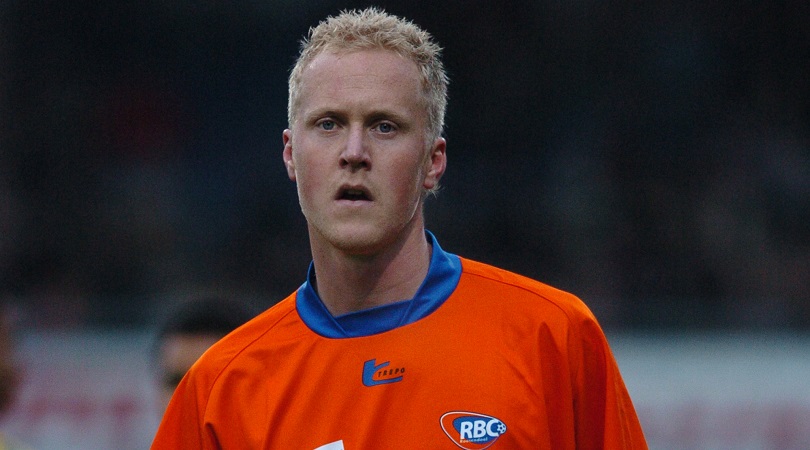
More managers than victories
Some seasons are so atrocious the aftershocks prove fatal. Just five years after being demoted from the Eredivisie with an all-time low of nine points, RBC Roosendaal went bankrupt and had to start over in the Dutch seventh flight.
During 2005/06 they had more managers – Dolf Roks and Robert Maaskant – than wins – just one, a 2-0 win over NEC Nijmegen in February. The best that can be said for RBC’s players is that they didn’t torture their fans with false hope: after four games, they were bottom of the Eredivisie, where they remained until the end of the season.
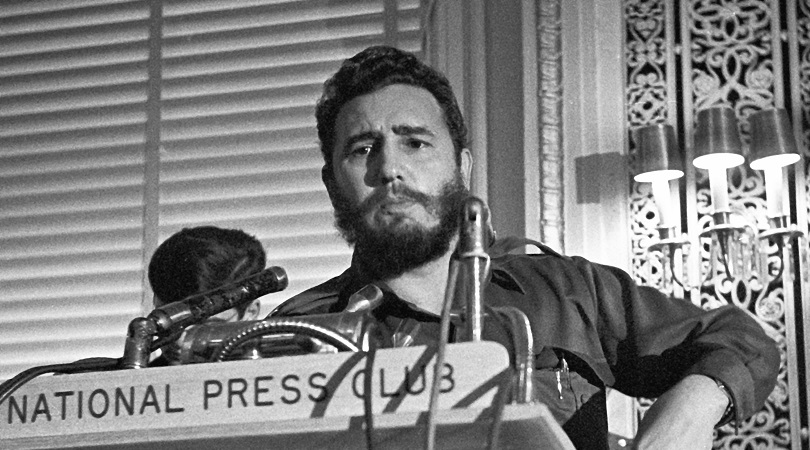
“In goal, No.1, Fidel Castro…”
Throughout their only term in England’s fifth tier, Hyde United won once, drew seven, and lost 38, ultimately going down with a minus 81 goal difference.
They did so, however, with a gallows sense of humour, with their Twitter feed becoming a must-follow as the club from Greater Manchester gleefully named trialists after left-wing revolutionaries (“Thewlis, Brizell, Fidel Castro, Vladimir Lenin, Karl Marx, Leon Trotsky, Hughes, Maximilien de Robespierre, Thurston, Tony Benn, Tames”). The trauma of accumulating the league’s record point low lingered on, though – they went down again the year after.
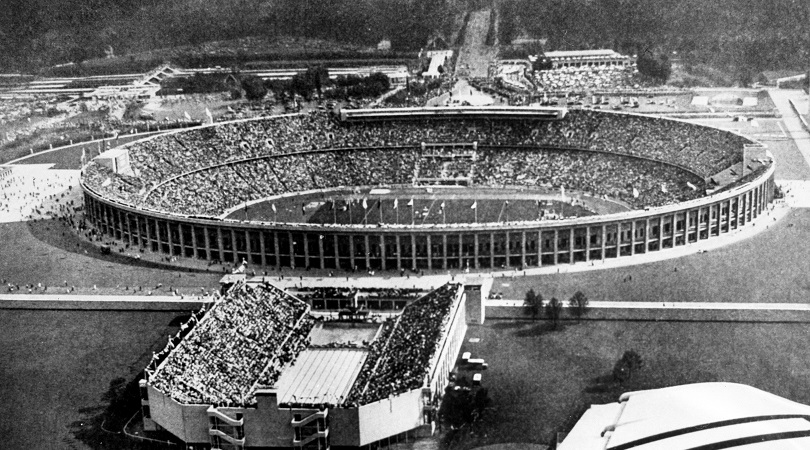
Devilishly bad Tasmanians
Most of the unwanted Bundesliga records are held by one club and were set in one sorry season. Tasmania Berlin scored the fewest goals (15), conceded the most (108), suffered the heaviest loss (9-0 to Meidricher), collected the fewest points (eight) and registered the paltriest attendance (856) in 1965/66.
In fairness, Tasmania were always likely to struggle having been handed a spot in the top flight by the authorities, who were desperate for the city of Berlin to be represented following Hertha’s relegation for financial irregularities. Even so, the club’s supporters would have hoped for more than just two wins and four draws from their 34 fixtures.
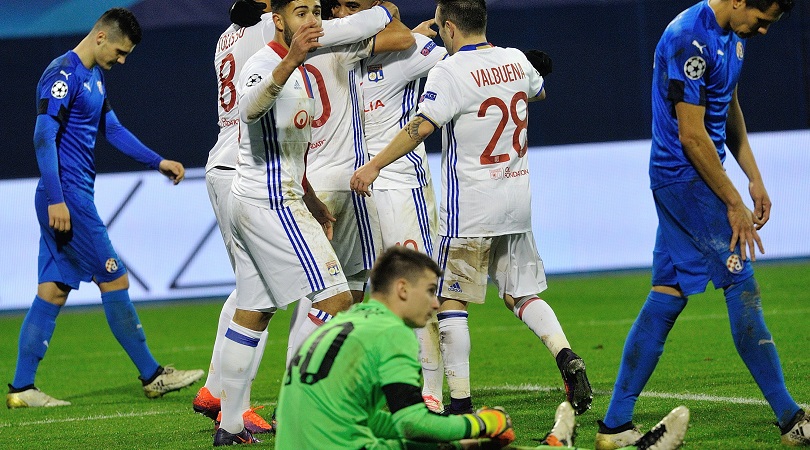
Consistently crap Croats
There were only two things wrong with Croatian champions Dinamo Zagreb in the 2016/17 Champions League: they couldn’t attack and they couldn’t defend. Previous defensive offences to be taken into consideration included a 7-1 group stage home loss to Lyon in December 2011 that was so improbable that UEFA almost felt compelled to investigate.
In 2016-17, the bare statistics – played six, lost six, scored none, conceded 15 – don’t really do justice to the comic ineptitude of their defending, the inconsistency of their chocolate-wristed keeper Anders Semper or the pointlessness of defender Petar Stojanovic’s red card for kicking Sevilla’s Vitolo when his side were only 1-0 down.

Greg Lea is a freelance football journalist who's filled in wherever FourFourTwo needs him since 2014. He became a Crystal Palace fan after watching a 1-0 loss to Port Vale in 1998, and once got on the scoresheet in a primary school game against Wilfried Zaha's Whitehorse Manor (an own goal in an 8-0 defeat).
